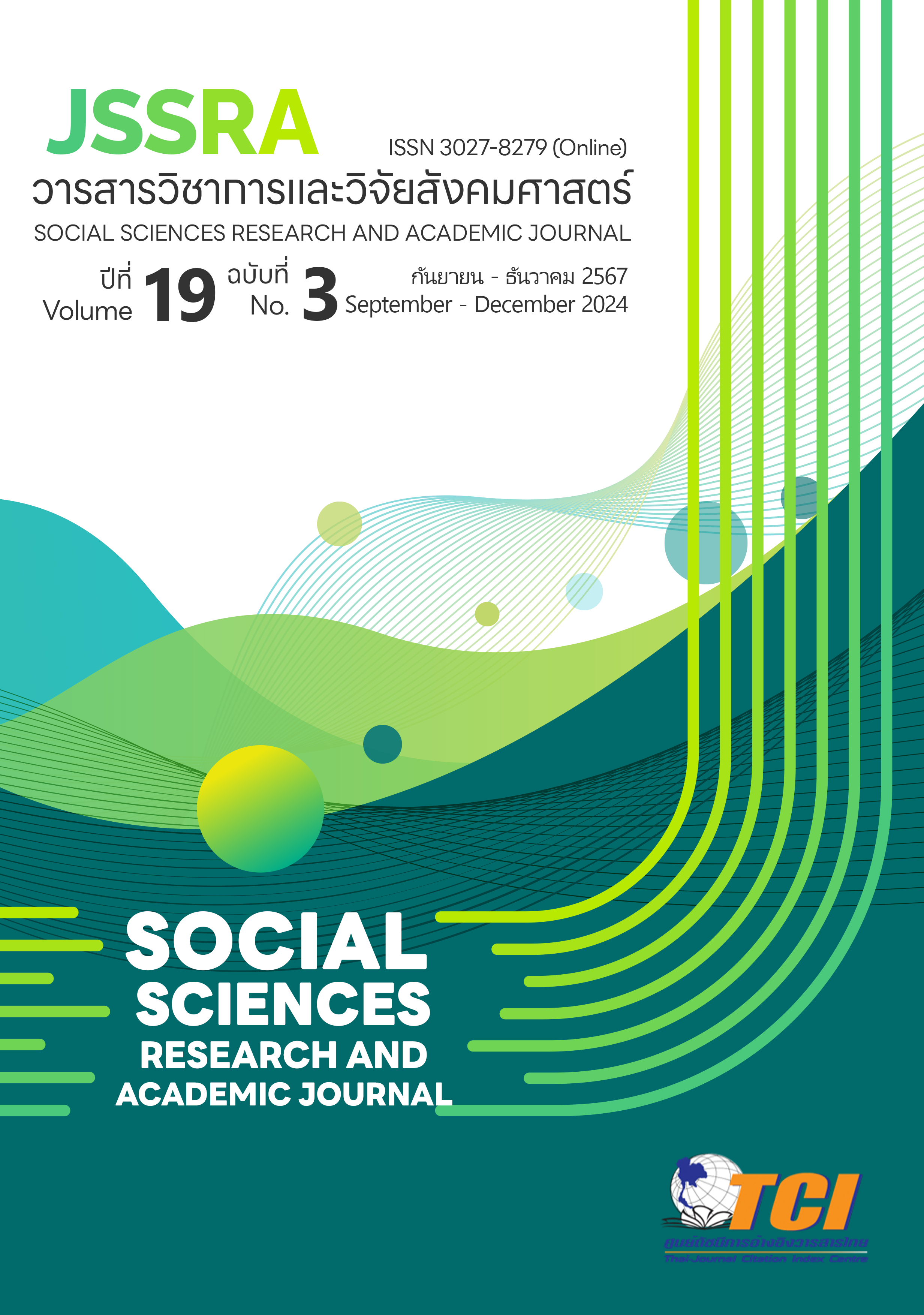The Effects of Learning Experience Using on STEM Education Towards the Logical Thinking Ability of Early Childhood Students
Main Article Content
Abstract
The purposes of this research were 1) to compare the logical thinking ability of early childhood students before and after learning experience using on STEM education, and 2) to compare the logical thinking ability of early childhood students after learning experience using on STEM education with 75 percent. The sample of this research were 19 early childhood students in kindergarten year 2 from Bankhokkrang School under Nakhon Sawan Primary Educational Service Area Office 3 by using cluster random sampling. The research instruments of this research were 1) 5 lesson plans of learning experience using on STEM education with a high suitable 2) 3 sets of 30 items with 3 picture choice questions of the logical thinking ability tests. The statistics used for data analysis were mean, standard deviation, and nonparametric statistics.
The research findings were as follows: 1. The early childhood students who participated the learning experience using on STEM education had logical thinking ability that had posttest higher than pretest with statistically significance at the .05 level. 2. The early childhood students who participated the learning experience using on STEM education had the logical thinking ability scores higher than 75 percent with statistically significance at the .05 level.
Article Details
References
Chanprasert, S. (2014). STEM Education and 21st Century Skills Development. IPST Magazine, (42)186, 1-59. (In Thai).
Israsena na Ayudhya, V. (2016). Things to Know About STEM Education. Bangkok: Chulalongkorn University Press. (in Thai).
Kongsanoh, S. (2015). Early Childhood Education Is the Heart of Education. Retrieved June 20, 2021, from https://dl.parliament.go.th/backoffice/viewer2300/web/previewer.php
Meechai, Y. (2020). A Development of Basic Scientific Skills for Early Childhood by using STEM Education Activities. Master thesis, M.Ed., Pibulsongkram Rajabhat University, Phitsanulok.
Ministry of Education. (2017). Early Childhood Curriculum (A.D. 2017). Bangkok: Aksornthai Printing. (in Thai).
Muangthong, W., Kaewurai, W., Onthanee, A. and Juntakun, J. (2020). Using Executive Function to Enhance Reasoning Thinking of Preschool Children: What Teachers Should Not Overlook. Ratchaphruek Journal, (18)1, 20-28. (in Thai).
Ngamnitijarumetee, P. (2013). The Effect of Activity Arrangement with Inquiry Technique on the Reasoning Ability of Pre-School Children. Master thesis, M.Ed., Nakhon Sawan Rajabhat Universit, Nakhon Sawan.
Paweenbampen, P. (2023). Development of Integrated STEM Activities to Promote Thinking Process Skills for the 21st century of Grade 1 Students (La-or Plus project) at La-orutis Demonstration School. CMU Journal of Education, 17(1), 128-142. (in Thai).
Samahito, C. (2014). STEM Learning Experience Provision in Early Childhood Education. Journal of Kasetsart Educational Review, 30(2), 102-111. (in Thai).
Sornchai, S. (2015). Logical Thinking of Preschool Children through Scientific Basic Skill Activity. Master thesis, M.Ed., Srinakharinwirot University, Bangkok.
Thammakit, S. & Sutheero, P. (2020). Development of Thai Teachers to 21st Century. Journal of Graduate Saket Review, (5)2, 20-30. (in Thai).


